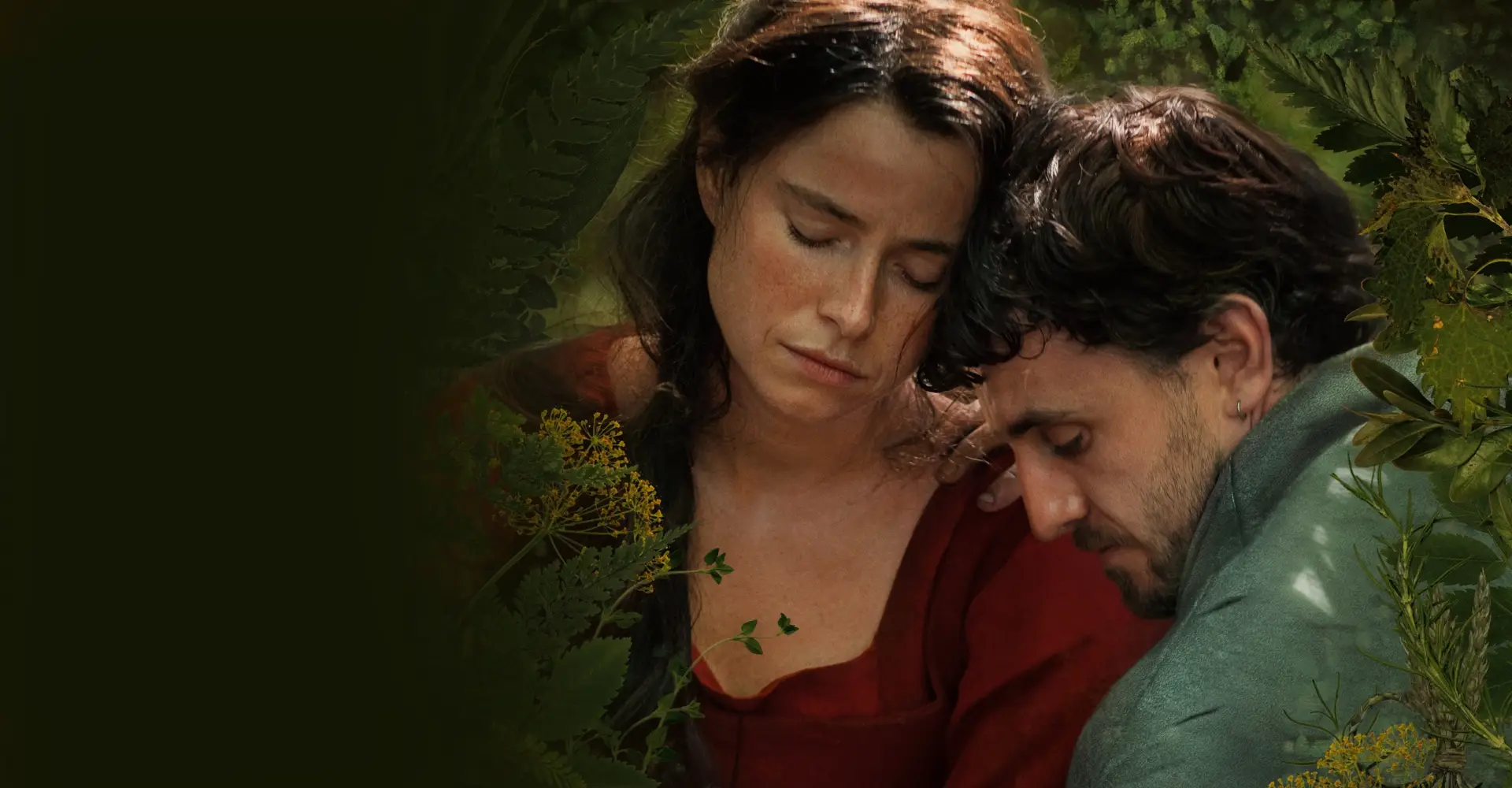With my dissertation submitted, a few weeks left of undergraduate teaching left, and a looming sense of dread for what’s next, my time at university is ending. I will really miss university. Personally, I am still undecided as to whether to do a masters degree or not. My third year at university feels as though it has made me. I feel a swelling of pride every time the topic of graduation comes up. As I’m sure for many of us who were never ‘academically inclined’, it is a vision we never had for ourselves. I have wholeheartedly adored studying English Literature with Creative Writing over the past three years.
Having said this though, there are things I wish I knew beforehand. Hindsight is a great thing, which is why I felt the need to write this article for any up and coming university students who might need a helping hand.
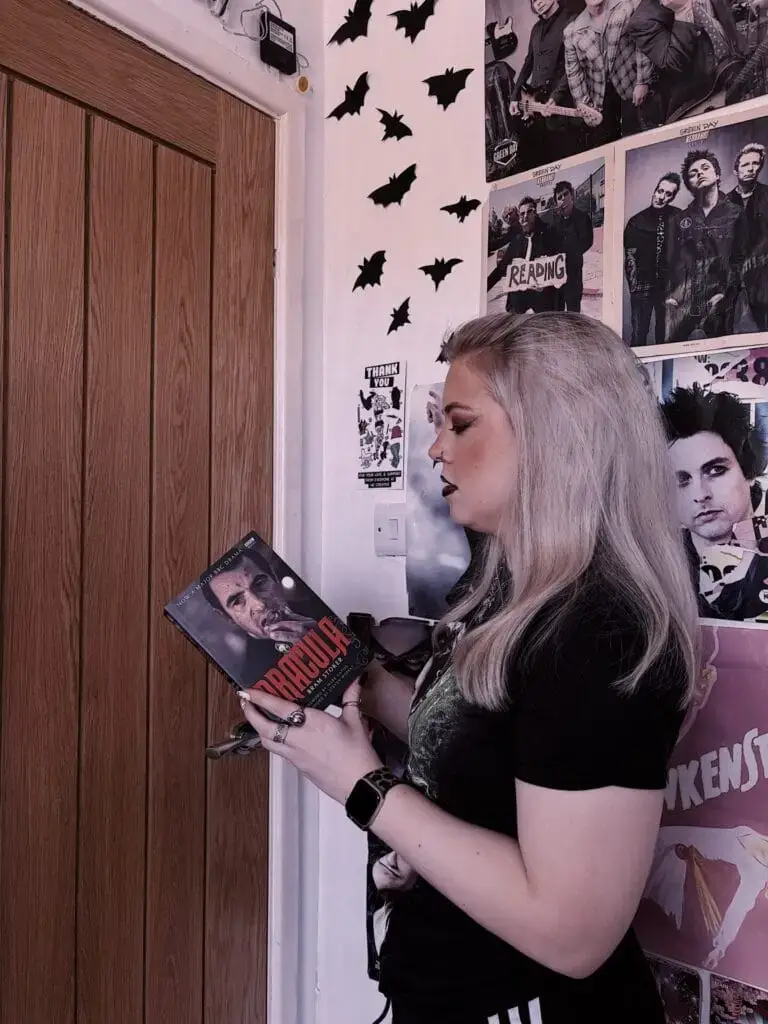
1. Prepare yourself for the year of the ‘dissertation’
First things first, I am going to mention the ‘D’ word— I’m sorry, but you’ve got to get used to this. Dissertation! I felt that in my time at university, the dissertation got a bad wrap. I think it is worth reminding you that you get to choose what you write about. The power lies solely in your hands!!! Take the opportunity to be nerdy about something you’re interested in.
I loved writing my dissertation on literary and film vampires! I believe that the dissertation is mind over matter. If you have a healthy mindset and enthusiasm for it, the process will benefit you! Try not to get too wrapped up in the destination you forget to enjoy the journey.
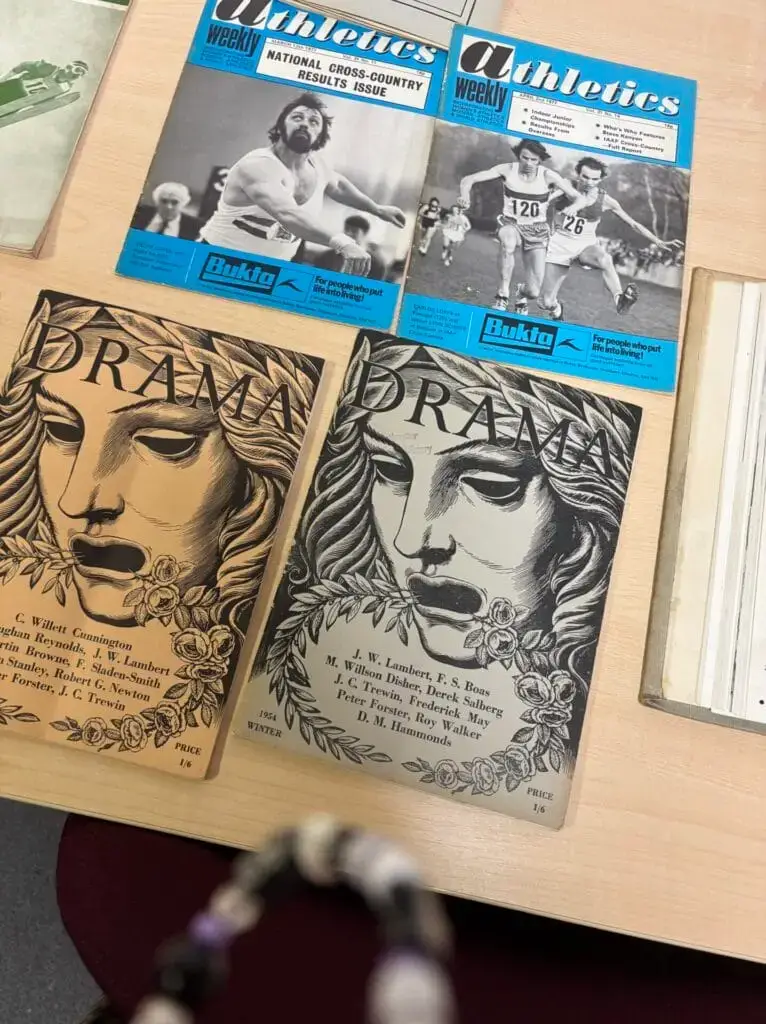
2. Research is key
I began research for my dissertation in the summer. Even though my ideas developed over the course of the 9 months I was writing it, that initial research I did over the summer was crucial. When you arrive back on campus in the autumn, everything begins to move quickly. The third year pressures of not just the dissertation, but life, work, and other responsibilities pile up. Take some time over the summer, even if it is only a few sittings and begin the basis of your research. Starting this main bulk of the work early will reward you later on with less stress and the ability to plan.

3. Organise your time well
I decided that all the research I was doing was going to go onto one word document… Which to begin with sounded like a wise idea, because my other assignments of 2000 words ish allowed for that. Anyways—- needless to say, 4 weeks before the deadline, I am skimming a 70 page word document with 50,000 words, for an oddly specific quote I can’t find the reference to. Most of which were of a similar nature because the subject matter was the same.
If I had to do this again, I would separate my research for each chapter into separate documents to attempt to organise my notes better.

4. Download Zotero
A lecturer introduced me to Zotero in third year, and I was left questioning why no one ever introduced me to this app in the first year… Zotero is a free app which compiles your bibliography for you. All you have to do is scan or manually add resources to your account and organise them into folders for each assignment. Not only did this app save me so much time, but it also made my research clear and concise when my huge unorganised word document was sending me over the edge.
I would HIGHLY recommend that ALL university students try this app as it was so so so good, you can download it here

5. Invest in a Laptop
If anyone else had fallen for Apple’s marketing ploy of the iPad being the best thing to take to university, you’re not alone. I swapped my vacuum sounding MacBook for an iPad with a keyboard in my second year and was generally quite happy with it.
However in third year, not just for the dissertation but the assignments got more technical and challenging. This meant that sometimes we were using software that wasn’t applicable for the iPad, which meant I was lugging my old MacBook to uni everyday again.
In terms of layout, out of all the iPad keyboards I have tried, none of them really like complex layouts on word documents. Or they don’t have the necessary Mac or Windows buttons to instruct commands to the software. I ended up killing off my old MacBook after sending off my dissertation, so I think I will be reinvesting in a new one for my masters.
Overall, iPad’s are fantastic as an ADDITION to a traditional laptop and great for everyday use. But if I had my time again, I would have stuck to the laptop for big projects.

6. Reward Yourself
Third year is tough.
Please, plan things to look forward to in the year. Don’t wait for summer to come around to enjoy yourself, becoming a hermit hunched over a laptop will not help your academic skills either. I found that doing my work little and often, as well as planning to do work around my life meant that I was able to get a good work/life balance.
Unfortunately for me, I spent a lot of third year grieving the loss of two grandparents. This meant that university felt like an escape. This mentality also means that you lose the fun out of the every day and makes the tough conditions of third year even worse. Have a healthy distraction. Alternatively, if you’re struggling contact your universities mental health team for guidance and support.
Especially in relation to the dissertation, I found that I needed to mull over an idea or concept before I wrote on it. For me, this meant a morning of university work then an hour at the gym on the treadmill. When exercising, I was able to shake off the cooped up feeling of working all day and think clearly about how I would interpret my research.
You cannot fill from an empty cup.
Go on a night out.
Spend a weekend with your family.
Book a quick getaway.
Get your nails done.
Go into nature — ANYTHING.
But have space away from your work after long periods of time.
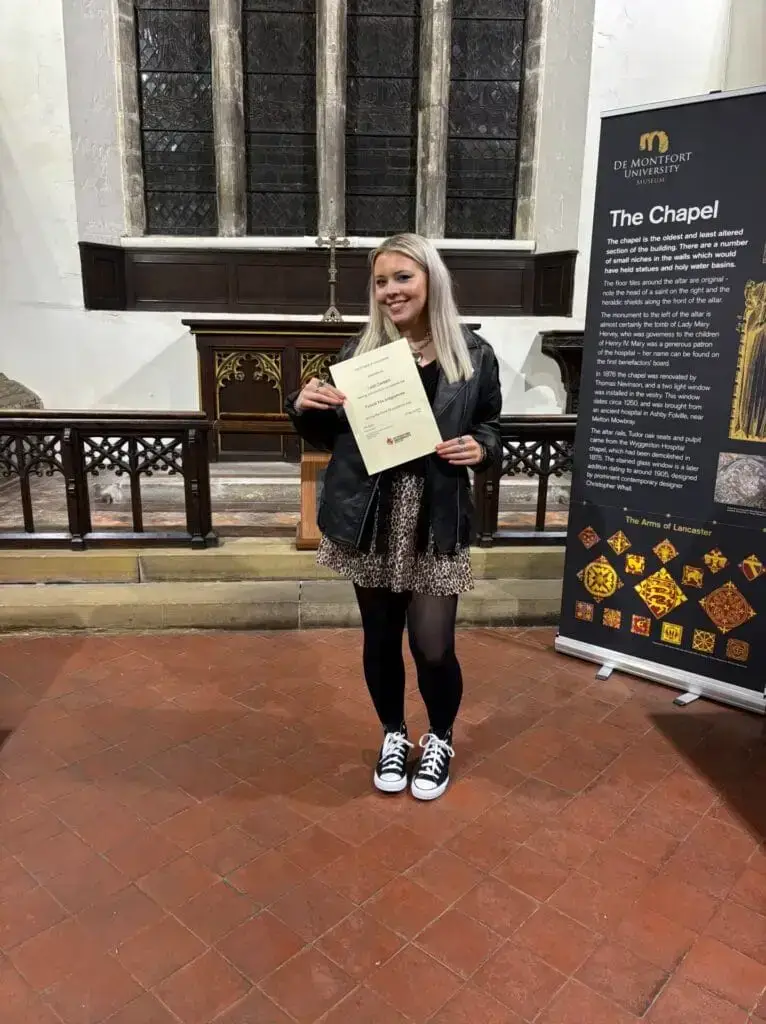
7. Take opportunities
I ignored most of the things in my student inbox throughout the first and second year of university. Then I would complain when I saw other students out doing fun things, whilst I hadn’t had the chance. The reality is, opportunities do come to your doorstep at university — YOU have to make the effort to engage with them.
Whether this be, interview skills, employability, volunteering, paid work, LITERALLY ANYTHING!
Any experience is good experience. Make your university time worth while, do not just throw it all away because it feels like too hard work at the time.
I learnt so many valuable skills from the DMU Careers Team in my final year. I wish I had used their services sooner.
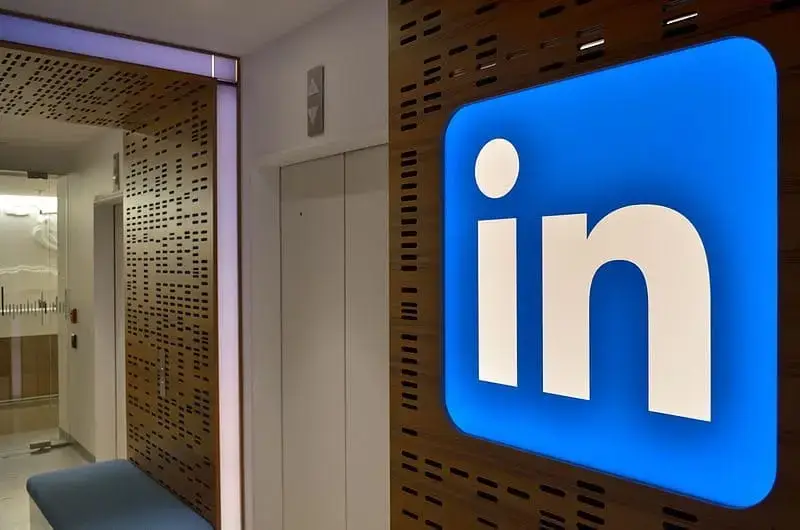
8. Get on LinkedIn
IF you are like me, and you study an arts or humanities degree that does not have a clear vocational lane other than teaching — YOU N NEED TO BE USING LINKEDIN NOW!
I have emphasised in my feedback to my university that this should have been stressed in first year, but there’s never a better time than the present.
If you do a group project, or a conference, or you have an interactive workshop, take some photos and post on LinkedIn. Remember the speaker’s name and connect with them, and thank them for their time. MAKE THOSE CONNECTIONS NOW!
You are not just working towards a degree, you’re working towards a career and a brighter future. Any small post or interaction could lead to big opportunities, and expands on your knowledge of your subject area. GET ON LINKEDIN.
Are you heading into your third year? Keep calm, you’ve got this? Are you a current DMU student studying in Leicester? Check out this article on the DMU Future You Programme here.
Author
-
I'm Leah Corbett, a 21 year old student from Leicester. I study English Literature with Creative Writing and am going into my final year. I enjoy writing creatively and have worked on various types of student-led publications.
View all posts




